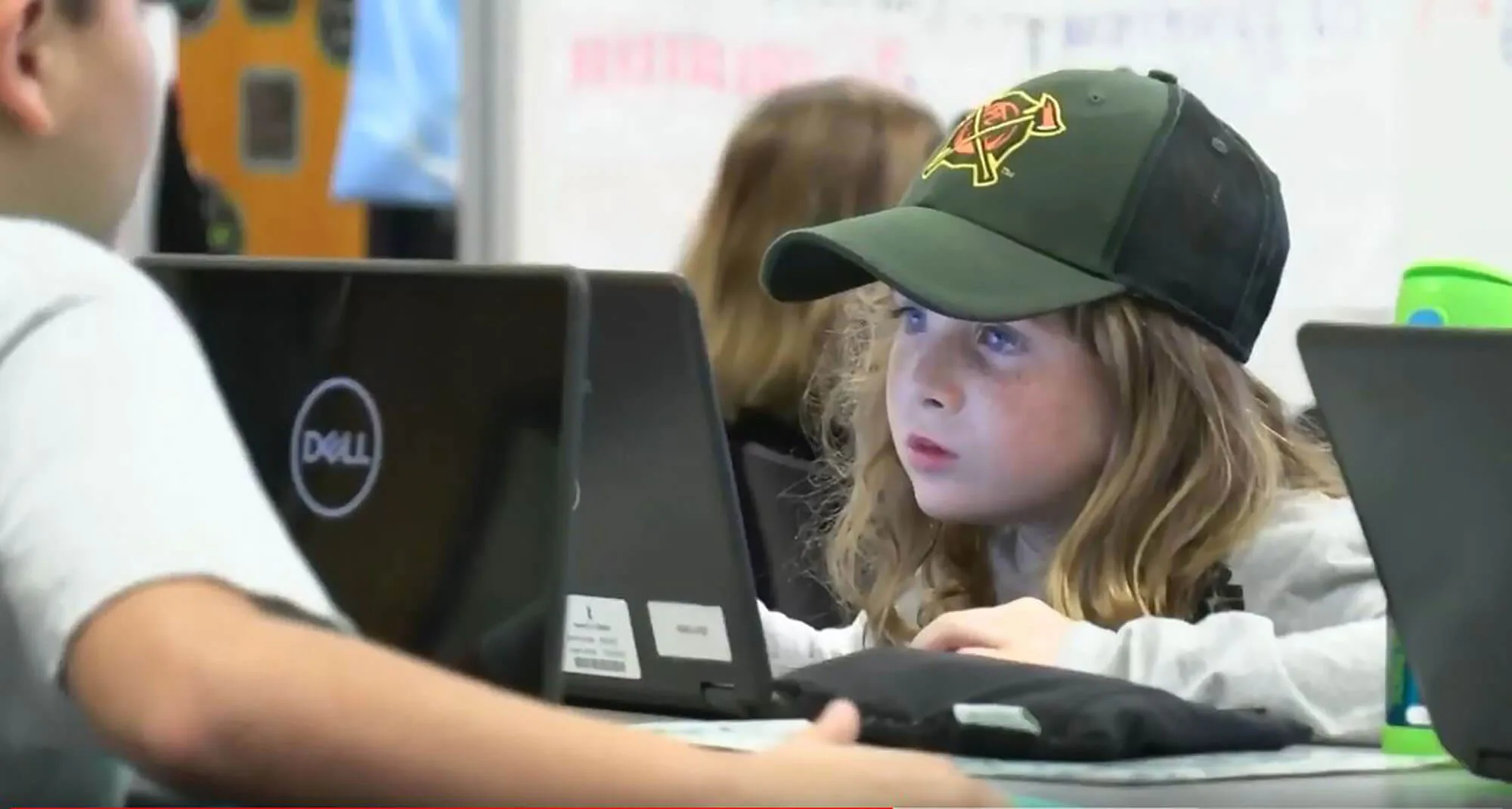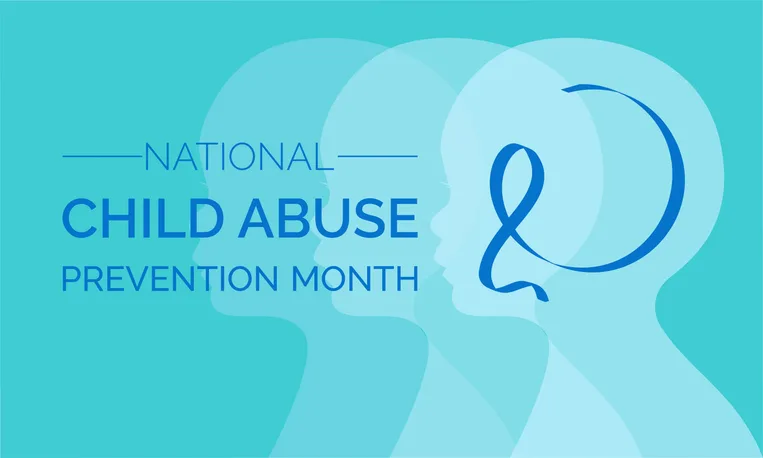
Students use games to learn about stress management.
More than 25 Arizona schools are implementing a new program to reduce student anxiety.
A rising trend in youth anxiety has prompted researchers at Arizona State University to develop an anxiety intervention program for educators. After piloting the program for several years, it is now available to the general public.
Compass for Courage is a youth development program that aims to prevent chronic anxiety, and teaches stress management skills to children through games. Made up of six 25-minute lessons, the program is in use at more than 25 elementary schools throughout the state.
A research-based approach to anxiety
Researchers developed the curriculum using evidence-based intervention methods that teaches users methods to relax, identify their emotions, and learn to cope with difficult situations through game-based resources and role-playing activities. It has become a resource for generating scientific research surrounding courage, fear, and anxiety in adolescents.
In addition to managing and studying anxiety, Compass for Courage seeks to identify factors that attribute to youth anxiety. According to Compass for Courage co-founder Ryan Stoll, helping kids identify anxiety-provoking situations is one of the first steps in reducing anxiousness, and researchers are able to then repackage information from the interventions to better serve the students.
“When they have the power to reduce that anxiety, they can thrive in anything that they do,” Stoll said. “Anxiety is a normal emotion that sometimes just gets out of control and becomes chronic.”
Stoll added that academic research can take decades before programs like Compass for Courage are recognized to have a public health impact and can be utilized outside of a lab. Thus, he created his program to be implemented in a research capacity in schools so kids can benefit from it as part of the research process.
Ashley Kronabetter, a psychologist at Porter Elementary School in Mesa who currently uses Compass for Courage with her students, believes the program takes the right approach to managing anxiety. She is one of 150 education professionals who collaborated with ASU researchers to create Compass for Courage.
“How are we going to teach our kids to be more self-aware and manage their own emotions and problem solve?” asked Kronabetter. “That, I think, is becoming a bigger ordeal across the country.”
A local solution to a nationwide problem
Overall, youth anxiety is becoming a larger concern nationwide, according to research by the Center for Disease Control and Prevention (CDC). The CDC’s recent annual report on children’s mental health shows a 3% increase in clinical anxiety among children ages 3 to 17 since 2018. The report concluded that anxiety among minors affected “the way children typically learn, behave and handle their emotions, causing distress and problems getting through the day.”
Stoll said that proven research through Compass for Courage can help alleviate this issue and improve performance in school. He and his team also recently developed an intervention kit available for organizations outside of those participating in the study as they finalize their research.
“Eventually, we want it to be available to everyone,” Stoll said.
Politics

6 terrifying things that could happen if the Comstock Act is used to target abortion
Does 1873 sound like a really, really long time ago? Well, that’s because it is—but if Republicans and far-right anti-abortion activists have their...

He said what? 10 things to know about RFK Jr.
The Kennedy family has long been considered “Democratic royalty.” But Robert F. Kennedy, Jr.—son of Robert F. Kennedy, who was assassinated while...
Local News

Opinion: Strategies for Child Abuse Prevention
11 ways you can be an ally in the fight against child abuse. April is Child Abuse Prevention Month. In the United States, it is estimated that a...

Biden marks Earth Day by announcing $7 billion in solar grants
The Biden administration on Monday announced the recipients of its Solar For All Program, a $7 billion climate program that aims to lower energy...





